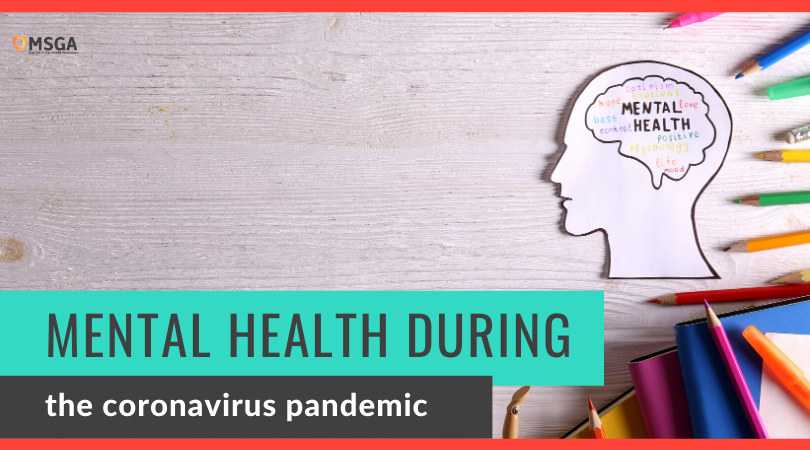The past few months have been a particular challenge in this country. The COVID-19 (coronavirus) pandemic has taken the world by storm. This has directly contributed to a massive economic downturn that has seen tens of millions of people to lose their jobs, leading to unemployment rates that have not been seen since the Great Depression. When this is combined with the downturn in the stock market, this has sent everyone reeling with a sense of uncertainty. Now, police brutality has come to the forefront, leading to nationwide protests in the midst of a global pandemic. It is easy to see how this has contributed to serious mental health issues among many.
Emotional and Mental Health Issues Rise to the Surface
The prospect of being cooped up with shelter in place orders was already bad enough. The impact all of these factors have had on the younger generation, dubbed “Generation Z,” is particularly severe. Most members of this generation are in high school or college, making this year one of the most pivotal in their lives. First, it is important to note that this is the first major event that most of the members of this generation can fully understand. Many were just starting elementary school back in 2008 when the Great Recession hit, which pales in comparison to the scale of this event. When the September 11th attacks struck in 2001, some members of this generation weren’t even born.
As a result, they are being forced to process an event of this magnitude for the first time. This only serves to magnify the mental health issues that the younger generation is experiencing.
A Generation Feeling Stress
The younger generation is already one that is likely to experience symptoms of emotional stress. They are far more likely than their adult counterparts to be diagnosed with anxiety or depression. This simply shows that they are more likely to follow in the footsteps of the millennials that came before them, who are also likely to report mental health issues.
While these mental health issues are a cause for concern, the younger generations are also much more likely to seek help for mental health disorders. They are more likely to visit a psychiatrist, psychologist, or therapist, which shows they have cast of the stigma of mental health issues and are actively seeking help.
Solutions During the Pandemic
There is no way around it. The COVID-19 (coronavirus) pandemic has made emotional issues worse. Multiple research studies have already pointed this out. Some of the top emotions that everyone is feeling including frustration, stress, anxiety, and loneliness. Some have even felt overwhelmed and distraught, particularly given that these younger generations are forced to stay home from school and learn from home, stunting their emotional development. Many of these children and young adults are also worried about their parents.
The good news is that there are resources available for those struggling with mental health issues, even during the era of social distancing. Online therapy and telehealth are available. Anyone looking for help with mental health issues during the pandemic should reach out and ask. Someone is always available to listen.

